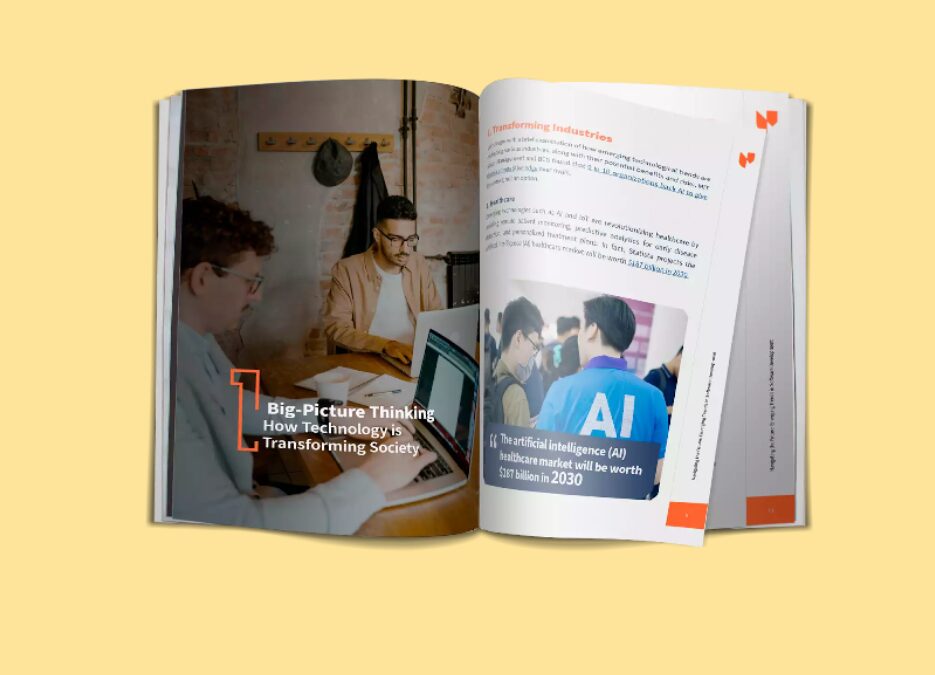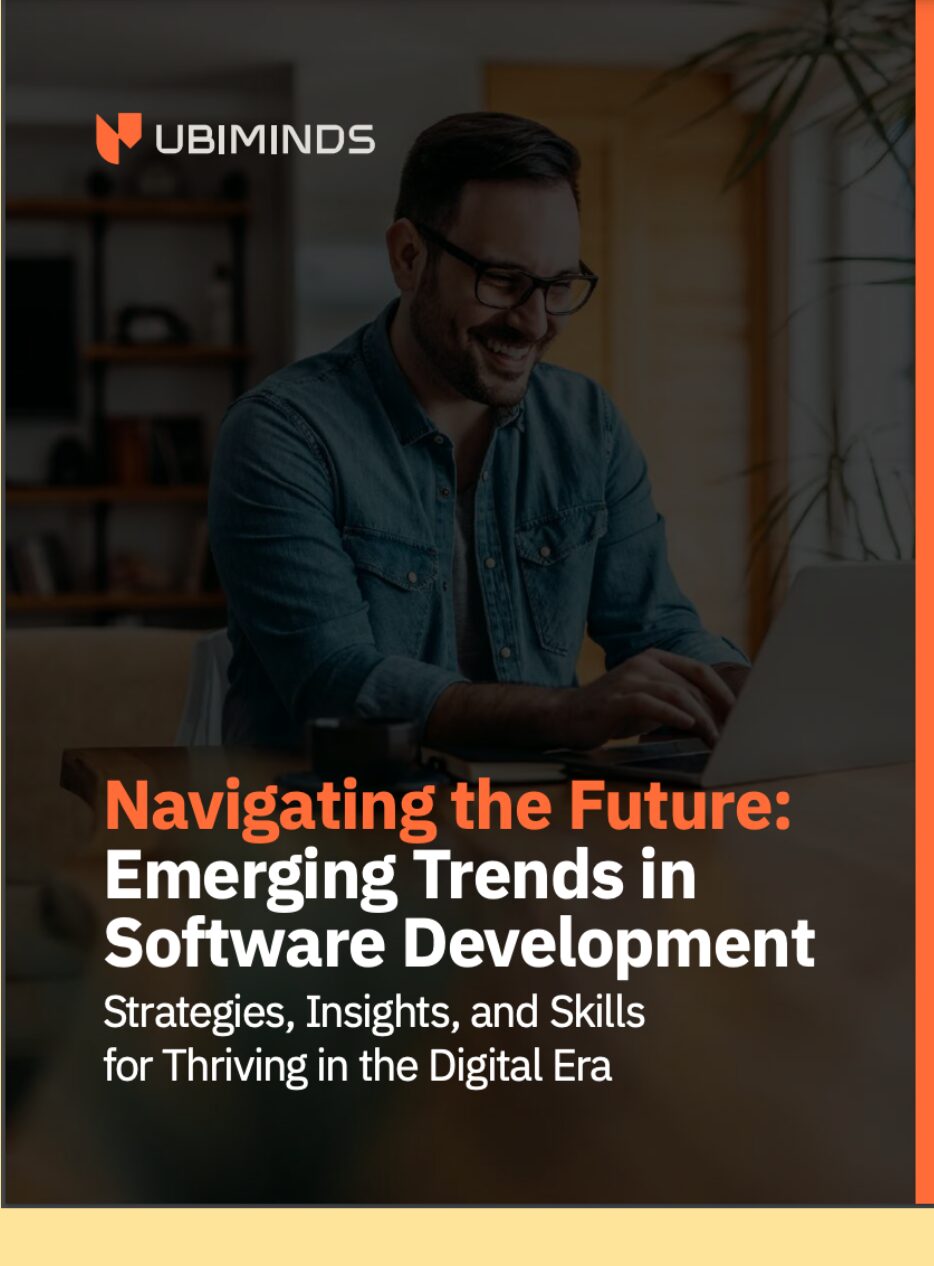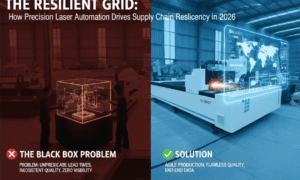The FinTech and blockchain industries are evolving at an unprecedented pace, setting the stage for transformative changes in 2025 and beyond. Innovations in decentralized finance (DeFi), advanced cybersecurity measures, and a rising focus on sustainability are some of the trends outlined in Ubiminds’ recently published “Future of Software Development” white paper.
What You Need to Know
Here are three key trends to watch, presenting both opportunities and challenges:
1. The Rise of Decentralized Finance (DeFi)
DeFi continues to gain traction as traditional finance embraces blockchain for transparency and cost-efficiency. In 2025, we’ll likely see widespread adoption of decentralized applications (DApps), reshaping how people access and interact with financial services. Essential skillsets for DApp development are critical for those looking to innovate in this space.
Regulators are also adapting to these shifts. Regulatory sandboxes and blockchain innovation hubs are expected to expand, fostering secure experimentation. Companies seeking to excel in this domain should prioritize building high-performing FinTech software teams.
Insight: The blockchain sector is projected to grow at a CAGR of 52.8%, reaching $825.93 billion by 2032.
2. Emphasis Cybersecurity and Fraud Prevention
As blockchain-based systems proliferate, cybersecurity remains paramount. Distributed ledger technologies (DLTs) are critical for ensuring data integrity and trust. Businesses must adopt robust strategies for protecting against fraud and breaches.
This emphasis on security complements ongoing efforts in fraud detection and prevention. FinTech organizations must continuously update their strategies to outpace cyber threats. Explore the latest insights on cybersecurity and fraud prevention.
Key information:
- Cybercrime is expected to cost businesses over $10.5 trillion annually by 2025, making security investments non-negotiable.
- Estimated growth of 32% demand for cybersecurity roles over the next decade, reflecting the urgent need for skilled professionals.
3. Sustainable and Ethical Practices
Sustainability and ethical considerations are no longer optional. Blockchain’s energy consumption has been under scrutiny, pushing the industry toward more eco-friendly models. By 2025, we anticipate innovations in sustainable blockchain technology that align with global climate goals.
Boardrooms of software companies should look into:
- Consumer demand: Studies reveal that 78% of consumers prefer businesses with demonstrable sustainability commitments.
- Ethical imperatives: Transparency and fairness in AI algorithms mitigate biases, fostering trust.
- Eco-conscious development: Sustainable software initiatives optimize energy consumption, minimizing tech’s environmental impact.
Additionally, the integration of FinTech into various sectors—from healthcare to retail—necessitates a balance between innovation and ethical responsibility. Understanding these dynamics can help stakeholders navigate challenges effectively. For companies looking to thrive, leveraging nearshore app development for FinTech offers a competitive edge in terms of scalability and cost efficiency.
Embracing the Future
The “Future of Software Development” white paper offers deeper insights into the trends shaping the digital future. Download it now to gain actionable strategies for your business.. To dive deeper, attending these FinTech conferences can offer valuable insights and networking opportunities. Whether you’re an entrepreneur or tech leader.
The “Future of Software Development” white paper offers deeper insights into the trends shaping the digital future. Download it now to gain actionable strategies for your business.. To dive deeper, attending these FinTech conferences can offer valuable insights and networking opportunities. Whether you’re an entrepreneur or tech leader.




































